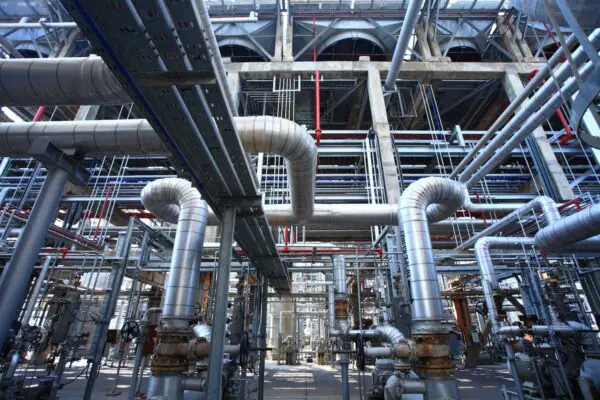The Importance of Green Alternatives to Traditional Central Heating Systems

Estimated reading time: 4 minutes
Table of contents
Gas boilers and gas heating systems are wreaking havoc on the environment with their dirty carbon emissions. In the UK, about 80% of households use gas systems for heating up, which is contributing to around a quarter of the UK’s total dirty carbon emissions.
Considering the extreme climatic conditions and the damning report about the leading cause of climate change, we need to step up. We need to take ownership and work together to mitigate climate change risks. Here are the benefits of green alternatives to traditional central heating systems.
Cost-Efficient
Traditional heaters are expensive and inefficient. Green alternatives allow us to save money, although it may require an upfront payment which can be costly. However, the good news is that many of them fall under the Renewable Heat incentive in the UK. Electric heaters and radiators are cheaper alternatives with lower fitting costs because it is not necessary to fit them in the piping of the house.
Best Electric Radiators, Dimplex and Rointe have a number of alternatives to gas boilers, such as electric radiators, biomass boilers, heat pumps, solar-powered panels, thermal heating panels, and electric heaters.
Using renewable sources of energy can save money on maintenance and operating costs in the long run. The green alternative technology that extracts power from the wind, sun, natural processes, or steam does not require refueling. The savings can vary depending on various factors.
SEE ALSO: 12 Must-Have Winter Gadgets and Accessories
Energy Efficient
Green alternatives waste almost no energy while heating your home. The electric radiators are customizable for you to program the heat schedule. Traditional water heaters, on the other hand, lose energy and are less efficient. Heat pumps can be an ideal green alternative. You can also use a hybrid system that consists of a gas boiler and a heating boiler. It only uses either one of the two depending on the system that offers the highest efficiency.
Compared to conventional cooling and heating systems, going alternatives are better for the planet because it helps to get rid of greenhouse gasses. Electric heaters and radiators are energy-efficient and do not operate on dirty fuels or oil. Therefore, they are a much greener alternative.
Heat pumps are eligible for subsidies from the UK government. They take heat from the air, ground, or water. Then using a pump, it gets the extracted heat to the appropriate temperature to heat the house. They reduce carbon emissions drastically. A solar panel is a great green alternative because it uses solar energy to heat the house and contributes to the reduction of carbon emissions.
Low Maintenance
Electric radiators come with a guarantee of 10 years. This means less maintenance is needed compared with traditional systems that need annual checks. Hybrid systems consisting of boiler and heat pump balance reliability with eco-friendliness. It lasts longer, so less money is spent on maintenance, which turns to savings. Similarly, infrared panels emit infrared energy and operate on electricity. They are very silent with low maintenance costs and are safer than gas.
Maintenance requirements are lower for renewable energy technologies than those that use traditional fuel. The low cost is because the technologies have few or no moving parts. Also, they do not need combustible, flammable fuel sources. Fewer maintenance needs translate to money saved and more time in hand.
Natural Materials
Biomass boilers burn biomass fuel, which is renewable, consisting of materials such as wood logs, wood chips, and wood pellets. The upfront installation investment and maintenance are high.
Using wood requires less storage and logs are not so expensive. The solar panel is another green alternative that works using solar power. They are installed on rooftops to capture the sun’s heat during the daytime. Solar panels are also eligible for UK government subsidies, although it is not very prevalent as of now.
SEE ALSO: 10 Home Essentials To Stay Warm and Cozy This Winter
Environmental Benefits
Renewable energy sources emit no pollutants or greenhouse gasses, which means less carbon footprint, leading to a positive effect on the environment. During the extraction process, fossils emit too many greenhouse gasses, exacerbating the increase in extreme weather and global temperatures.
Fossil fuels also emit harmful pollutants that lead to cardiac and respiratory health issues. Renewable energy, on the other hand, decreases these pollutants, contributing to a healthy atmosphere. Renewable technologies use fuel and resources straight from nature. These sources include wind, sunshine, biomass, and tides. They will never run out, unlike fossil fuels that will become increasingly hard to get, likely hiking up the price and adversely polluting the environment.








